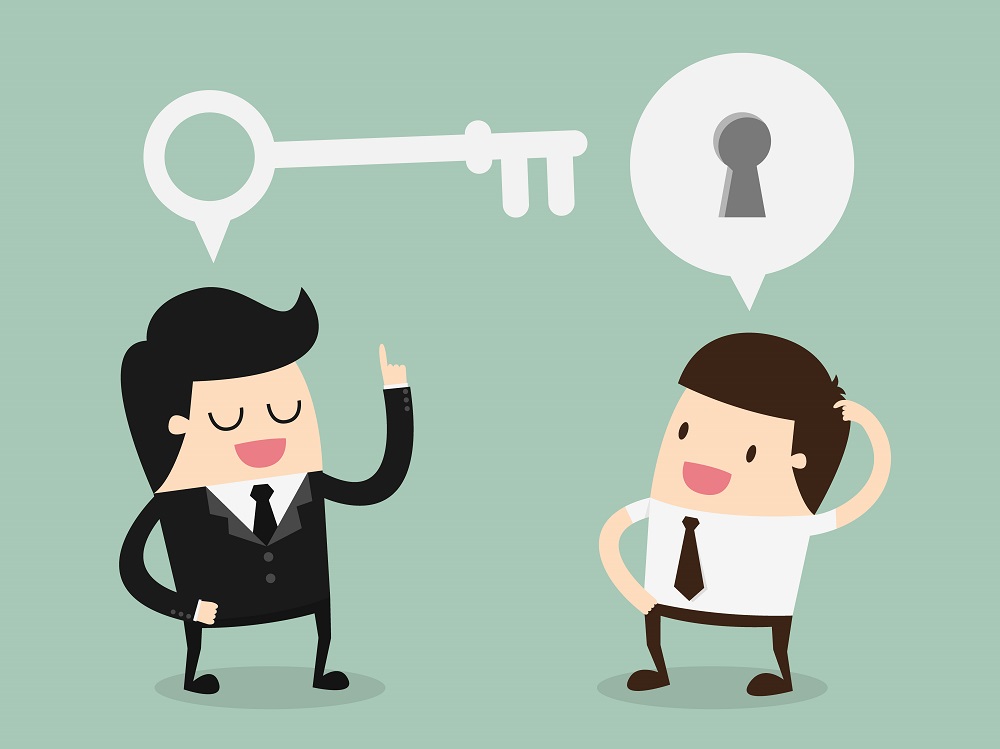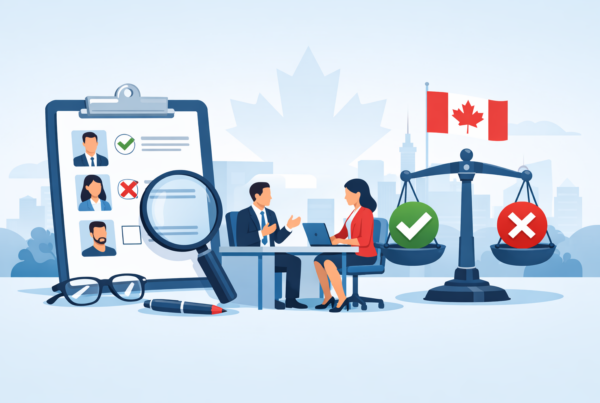Why communication skills are important for your career
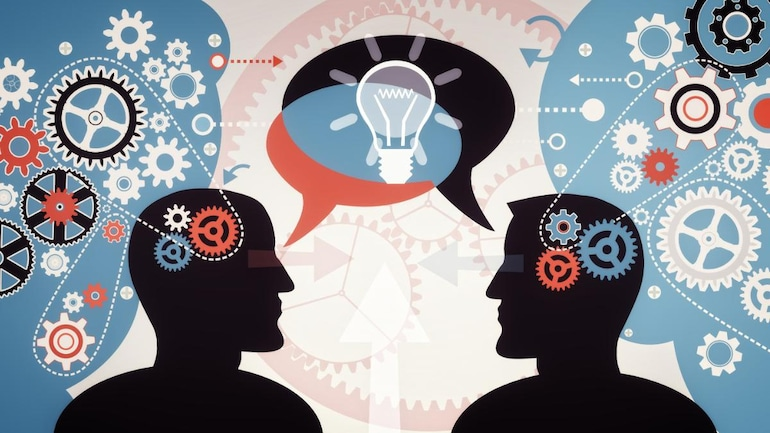
Why do so many of us struggle to communicate effectively at work? I’m always surprised when people ask me this common question because my answer is always the same: communication is key. Many professionals overlook the importance of effective communication, but it’s been shown time and time again to be necessary for success in any job.
Good communication skills are important because they allow you to get your point across clearly and concisely. They also help you to build relationships with co-workers, customers, and clients. Strong communication skills can help you to resolve conflicts, negotiate deals, and close sales.
The bottom line is that if you want to be successful in your career, you need to be able to communicate effectively.
In this article, I will cover the meaning of communication and the importance of improving your written communication, verbal & non-verbal communication, and more.
What is the meaning of communication?
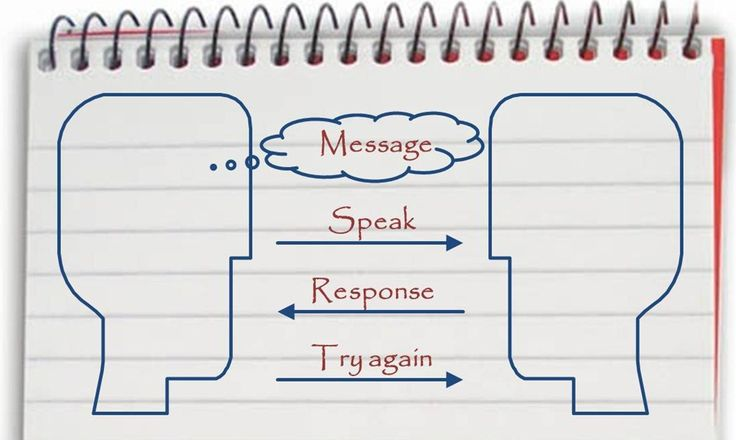
I have heard it said that communication is what the listener does or that the meaning of communication is the response it elicits. The point is, no matter what you intend to communicate, the party receives your communication and interprets it through their own experience at the time. Think of it his way, I know my understanding of the colour blue, and after a quick google search, there are at least 259 alternatives, shades, intensities and, well, the colour blue! The chances of you knowing precisely which shade I was referring to a slim.
This is quite a banal example but illustrates the difficulty of referencing blue in terms of its colour. However, there are at least 57 synonyms and antonyms for blue, according to Theasuarus.com.
With this in mind, you can see how when you want to communicate your message; it is down to you to ensure whether you are properly understood.
So communication is a two-way process, whereby the effective communicator is getting their message across and adjusting this message until the receiver gets it as intended.
How important are communication skills?
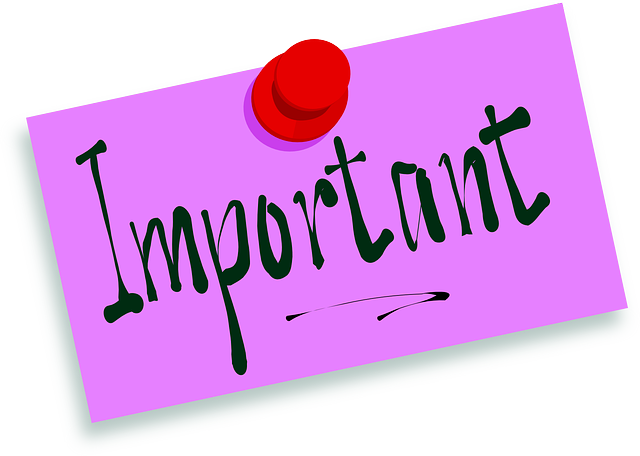
Effective communication skills in everyday life are important, even more so in work where livelihoods and lives can be on the line. Two examples that immediately come to mind are medical professions and the military. There is no room for misinterpretation.
You may think that your need to communicate with such precision, but you would be wrong! Why? Well, communication is not just about spoken communication or the written word; there are non-verbal signals which impact you all day and every day.
An example, a road sign must have a shared understanding without the space for personal interpretation. If it was open to personal interpretation, would you cross the road or drive across a junction ‘hoping’ everyone else understands the sign as you do?
Communication influences all areas of your life, including your professional life, personal life, and relationships. You are also receiving communication in the printed or digital media, as well as from the people around you. Communication is a fundamental life skill that we all use every day.
By developing your communication skills, you will learn not just what to say or how to say but how you and others function. You will also gain an understanding of body language, which is a form of non-verbal communication. You will begin to notice facial expressions, be able to hold eye contact and begin to have more authentic and honest communication. At each stage, have a practical empathy for the person in front of you and an understanding of their needs.
As you improve and become a strong communicator, your conversations will become more productive, your spoken words will carry more importance, and you will be listened to more readily. Your writing will exercise influence and problem-solving, and your career and relationships will improve.
In summary, some of the benefits of having good communication skills include:
- improved ability to build relationships
- better collaborative working
- greater self-confidence and leadership skills
- increased employability and promotions
- improved mental and physical well-being
How can I improve my communication skills?
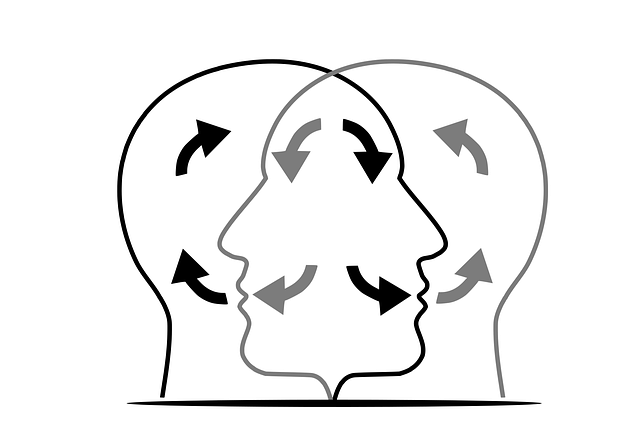
If you want to improve your communication skills, there are many things you can do. You can start by becoming more aware of the communication process and how it works. Then, improve your verbal, non-verbal, and written communication skills.
However, it all involves feedback so you can adjust your behaviours accordingly. To this end, many programs, training and workshops can support your learning where peer or even trainer-led feedback is given. Examples of these include:
- Toastmasters International, improving public speaking https://www.toastmasters.org
- An Effective Communicator Conference https://www.manager-tools.com/training/effective-communicator-conference
- Neuro-Linguistic Progamming (NLP) https://www.nlp.com
- Dale Carnegie events https://www.dalecarnegie.com/en
- Acting classes
- Writing classes
- Debating societies
The great advantage of these in-person certifications and training is the deliberate practice built into the learnings. Whenever you receive honest, constructive and instant feedback, you will improve.
Unfortunately, this isn’t always possible, where you have to make submissions to another person for review.
In all cases, I encourage you to solicit feedback and measure the effectiveness of your stated intention and objectives of the communication. This way, you will develop these essential skills.
Developing communication skills
When developing your communication skills, it is important to be aware of the different ways to communicate. The three main types of communication are:
- verbal
- non-verbal
- written communication skills
Each type of communication has its advantages and disadvantages. You should use the type of communication that is most appropriate for the situation.
Verbal communication
Verbal communication is the most common type of communication. It includes face-to-face conversation, telephone calls, voice messages, and video conferencing.
The advantages of verbal communication are that it is immediate, flexible, and personal. Disadvantages of verbal communication are that it can be misunderstood, it can be misinterpreted, and it can be emotional.
Non-verbal communication
Non-verbal communication is any communication that does not use words. It includes facial expressions, body language, and eye contact.
The advantages of non-verbal communication are that it is immediate, can be used to reinforce verbal communication, and can be used to communicate when words cannot be used. Disadvantages of non-verbal communication are that it can be easily misunderstood, it can be misinterpreted, and it can be emotional.
Written communication
Written communication is any communication that uses written words. It includes email, letters, and text messages.
The advantages of written communication are that it is easy to document, can be easily shared, and can be used to communicate when words cannot be used. Disadvantages of written communication are that it can be slow, it can be misunderstood, and it can be misinterpreted.
Each of the three types of communication should be practiced together and consistently so that you become comfortable communicating in all modalities.
As you develop your personal communication style, you will have more productive conversations, better workplace communication and better personal relationships. The positive impact of such improvements in all areas of your life, after all, is how you connect with everybody and everything outside of you!
What does good communication look like?

It doesn’t matter whether you communicate in written form, spoken word or even non-verbally; good communication means you have got your information, successfully made a request and or just built better relationships because you had intended to. Anything else must be regarded as poor communication.
Remember, at its core, communication is transferring information, using your own words and influence.
Study the historic masters of influence, orators and communication. You will find them in all walks of life, including the arts, music, politics, business and advertising. Numerous historical examples can be admired, the power of which should never be underestimated. As Lord Halifax said of Winston Churchill during World War II, “He mobilized the English language and sent it into battle.”
Take inspiration, learn their tricks and the structure of intention, and you will apply the skills of effective communicators.
Benefits of communicating effectively at work
The workplace is full of opportunities to communicate. You may need to communicate with your boss, co-workers, customers, or clients. The ability to communicate effectively in the workplace can help you:
- get a job
- keep a job
- be promoted
- make more money
- solve problems
- avoid conflict
- build relationships
- communicate better
- improve marketing, leading to greater sales
Encourages innovation
It has been shown to encourage innovation because when individuals feel comfortable communicating with one another, they are more likely to share new ideas. This sharing of ideas can lead to innovation and creativity.
Creates effective teams
Through communication, you can gain an understanding of others. You are also able to build relationships and trust.
Builds team morale
Effective communication can help to build team morale. When team members feel they can communicate openly, it can help create a positive work environment.
Not so-obvious benefits include that flow throughout a company :
- Helps solve conflicts
- Enhances Employee Satisfaction
- Improves Crisis Management
- Helps Improve Decision Making
- Reduces absenteeism and turnover rates
It should be obvious now the importance good communication plays in supporting team building and the company’s direction. The benefits extend beyond any team member and the workplace.
Personal benefits of improved communication skills
In addition to the benefits of effective communication in your career, there are also personal benefits. These benefits can include:
- greater self-confidence
- better relationships with family and friends
- improved social skills
- less stress and anxiety
- better mental health
- improved physical health
When you can communicate effectively, it can help reduce stress and anxiety. This is because you can express yourself clearly and understand others better. When you feel understood, it can help reduce stress.
Good communication also leads to better physical health. This is because effective communication can help reduce stress and anxiety. Stress and anxiety can lead to physical problems, such as high blood pressure and heart disease.
Improved mental health is another benefit of effective communication. This is because good communication can help reduce stress and anxiety. Stress and anxiety can lead to mental health problems, such as depression and anxiety disorders.
Additional Resources & Information
DISC
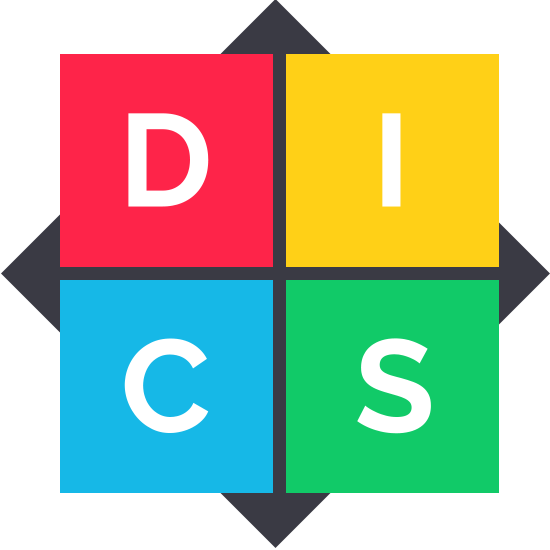
DISC is a behavioural assessment tool that can be used to understand how people communicate and interact with others. The DISC assessment can help you understand your communication style and the communication styles of others. This information can be helpful when trying to build relationships or resolve conflicts.
How does DISC work?
The DISC assessment is a questionnaire that asks you to respond to statements about how you typically behave. There are four DISC personality types: Dominant, Influential, Steady, and Conscientious. Each of these personality types has different strengths and weaknesses.
The benefits of using DISC include:
- understanding your communication style
- understanding the communication style of others
- improving relationships with family and friends
- resolving conflicts more effectively
- more productive building teams
Emotional intelligence

Emotional intelligence (EI) is the capacity to be aware of and manage one’s own emotions and the emotions of others. It is sometimes referred to as an emotional quotient (EQ) or emotional intelligence quotient (EIQ).
Managing emotions is not only important in personal relationships, but it is also essential in the workplace. Individuals with high EI can better control their emotions, leading to better decision-making. They are also more likely to be successful in negotiations and to be able to build positive relationships with co-workers.
Four key skills are involved in emotional intelligence:
- self-awareness
- self-regulation
- motivation
- empathy
Self-awareness is recognizing your emotions and understanding how they affect your behaviour. When you are self-aware, you can manage your emotions better.
Self-regulation is the ability to keep your emotions under control. This skill is important in the workplace, as it can help you stay focused and productive.
Motivation refers to your desire to achieve a goal. When you are motivated, you are more likely to take action and achieve your goals.
Empathy is the ability to understand and feel what someone else is feeling. When you have empathy, you can build better relationships with others.
Negotiation skills
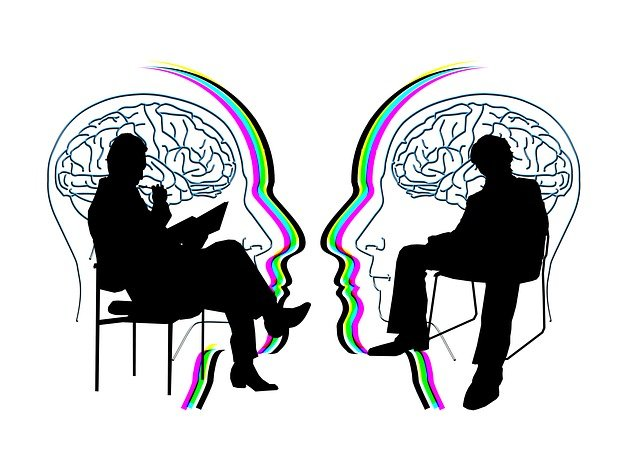
Good communication is essential for successful negotiations. When you can effectively communicate with the other party, you can understand their perspective and build a rapport. This can lead to more productive negotiation.
Four key elements of communication are important in negotiations:
- verbal communication
- nonverbal communication
- paralanguage
- active listening
Verbal communication is the spoken word. It is important to be aware of the tone of your voice and the words that you use. Be sure to use language that is respectful and positive.
Nonverbal communication includes facial expressions, gestures, and posture. Knowing your nonverbal cues and how they affect the other party is important.
Paralanguage is the way that you speak. This includes your tone of voice, rate of speech, and volume. It is important to know how your paralanguage influences the other party.
Active listening involves paying attention to what the other party is saying and not just waiting for your turn to talk. You can understand the other party’s perspective better when you actively listen. This can help resolve conflicts more effectively.
Presentation skills
When you have strong communication skills, you can communicate your ideas effectively to an audience. This can help you deliver a successful presentation. Courses, such as Toastmasters, will support you in developing your presentation skills.
Report writing skills
When it comes to the workplace, good communication skills are essential for success. This is especially true when it comes to report writing. Reports are often used to communicate information to others in an organization. They can be used to provide updates, share findings, or make recommendations.
If you want to be a successful report writer, you need to be able to communicate effectively. This means being able to write clearly and concisely and ensuring that your reports are easy to understand. You should also be able to tailor your reports for your audience.
One way to improve your communication skills is by attending a course, whether online or in person. This will help your communication skills by practicing writing regularly. This can help you develop clarity and precision in your writing. It can also help you become more comfortable with expressing yourself in writing.
Regarding report writing, having strong communication skills is essential for success. By attending a course or practicing regularly, you can develop the skills to write clear, concise, and easy-to-understand reports.
Networking skills

Regarding networking, having strong communication skills is essential for success. This is because networking is all about building relationships. Strong communication skills allow you to communicate effectively with others and build beneficial relationships for both parties.
The same four key elements of communication are as important in networking:
- verbal communication
- nonverbal communication
- paralanguage
- active listening
By having strong communication skills, you can build better relationships with others and increase your chances of achieving success in networking.
These are just some communication skills that can be improved with a little work. Review the full list of communication skills, and start practicing today!
Remember, the ability to communicate effectively is a skill that can be learned. With practice, you can improve your communication skills and positively impact your career and personal life.
